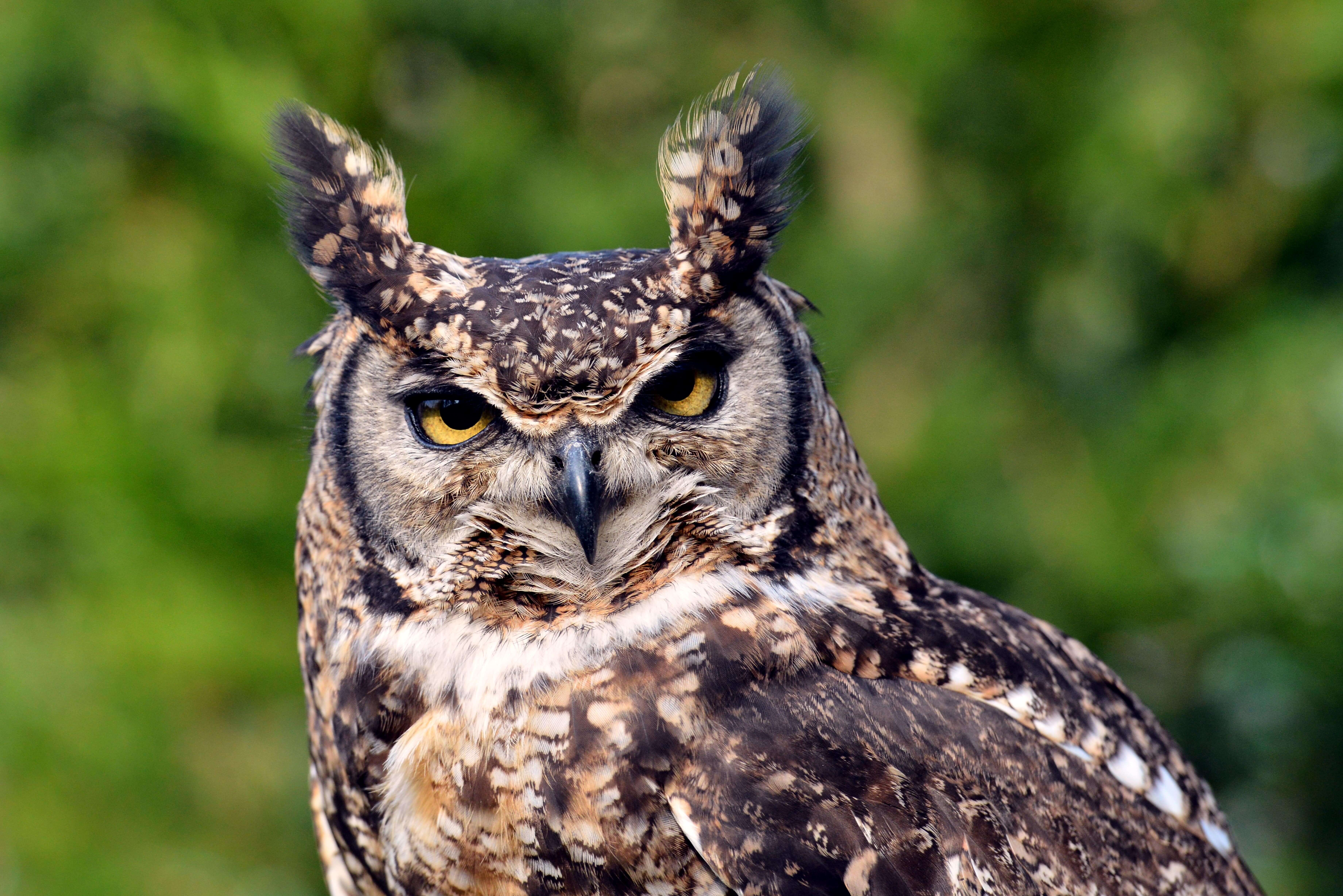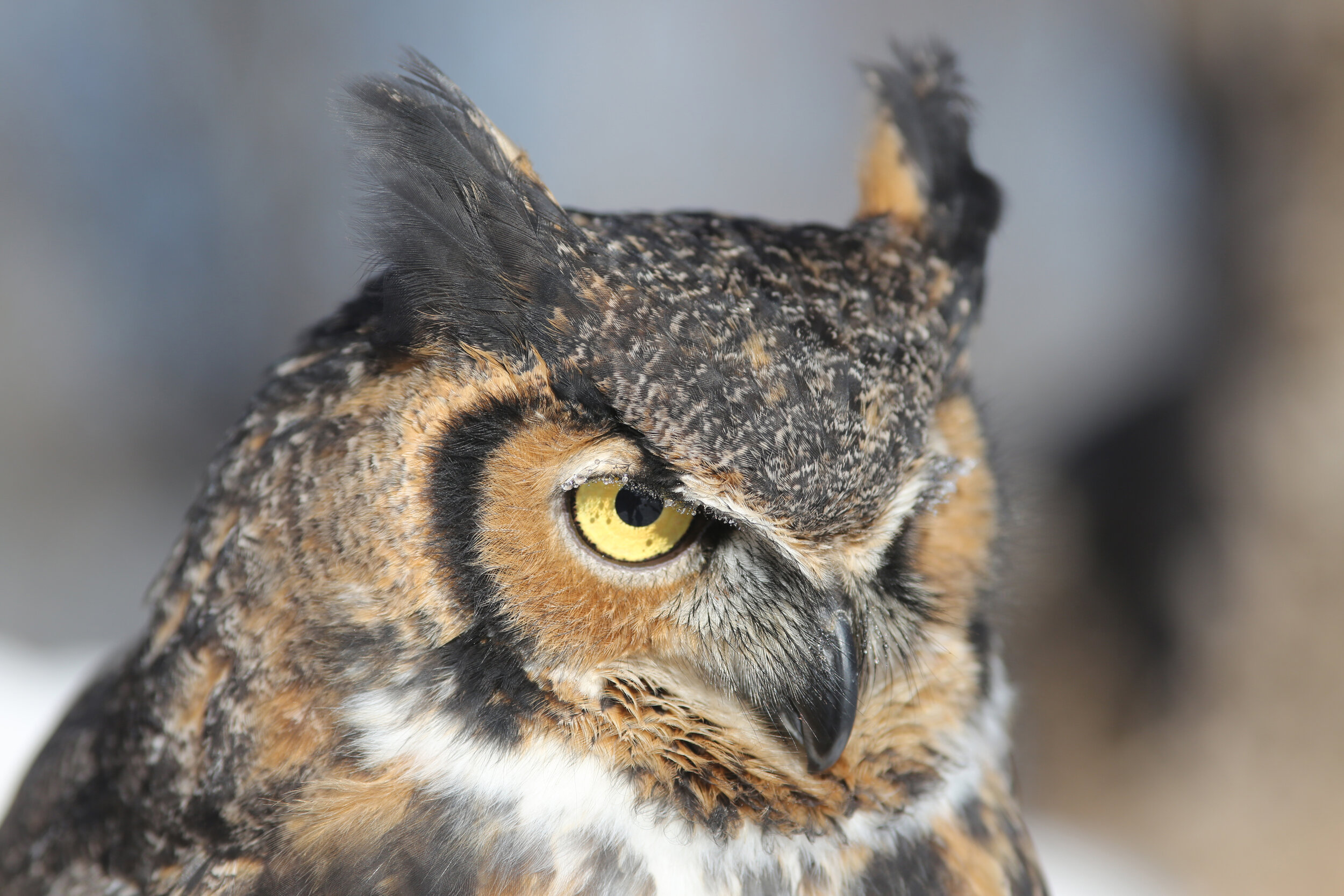Owl in spanish language – El búho, una criatura fascinante que ha cautivado la imaginación humana durante siglos, ocupa un lugar destacado en la lengua y la cultura españolas. Desde su papel en el folclore y la literatura hasta su importancia en los ecosistemas, el búho es un símbolo de sabiduría, misterio y belleza.
Este artículo explorará el rico mundo del búho en español, desde su traducción directa hasta su significado cultural y su estado de conservación en los países de habla hispana.
Spanish Word for Owl: Owl In Spanish Language

The direct translation of “owl” in Spanish is “búho.” The word “búho” is pronounced as “boo-oh.”
Pronunciation
The Spanish word for “owl” is pronounced with two syllables. The first syllable, “boo,” is pronounced with a short “oo” sound. The second syllable, “oh,” is pronounced with a long “oh” sound. The accent falls on the second syllable.
Types of Owls in Spanish-Speaking Countries

The diverse ecosystems of Spanish-speaking countries provide habitats for a variety of owl species. These nocturnal predators exhibit remarkable adaptations and play crucial roles in maintaining ecological balance.
The following list presents some common species of owls found in these regions, along with their scientific names and Spanish common names:
Barn Owl, Owl in spanish language
- Scientific name: Tyto alba
- Spanish common name: Lechuza común
Great Horned Owl
- Scientific name: Bubo virginianus
- Spanish common name: Búho cornudo
Snowy Owl
- Scientific name: Bubo scandiacus
- Spanish common name: Búho nival
Burrowing Owl
- Scientific name: Athene cunicularia
- Spanish common name: Tecolote llanero
Elf Owl
- Scientific name: Micrathene whitneyi
- Spanish common name: Tecolotito enano
Cultural Significance of Owls in Spanish-Speaking Cultures
Owls have held a prominent place in the folklore, mythology, and literature of Spanish-speaking cultures for centuries. They have been revered as symbols of wisdom, knowledge, and mystery, and have often been associated with the supernatural and the unknown.
In Folklore
In Spanish-speaking folklore, owls are often seen as guardians of the night and protectors against evil spirits. They are said to possess the ability to see in the dark and to communicate with the dead. In some cultures, owls are believed to be the reincarnation of deceased ancestors, watching over their families and offering guidance.
In Mythology
Owls have also played a significant role in Spanish-speaking mythology. In the Mayan creation myth, the owl is said to have been the first creature created by the gods. It is also associated with the Aztec god Tezcatlipoca, who was known as the “Smoking Mirror” and was often depicted with an owl’s head.
In Literature
Owls have been featured prominently in Spanish-language literature throughout history. In Miguel de Cervantes’s classic novel “Don Quixote,” the protagonist is accompanied by a wise and loyal owl named Sancho. In Gabriel García Márquez’s “One Hundred Years of Solitude,” an owl is a symbol of both wisdom and foreboding.
Owl-Related Spanish Idioms and Phrases
:max_bytes(150000):strip_icc()/GettyImages-1131926435-db11f6eccd734d7e8ce64b8edab905fc.jpg)
The Spanish language is rich in idioms and phrases that incorporate the word “owl” ( búho). These expressions often convey wisdom, knowledge, or nocturnal activity, reflecting the cultural significance of owls in Spanish-speaking cultures.
Here are some common Spanish idioms and phrases that use the word “owl”:
Ser más sordo que un búho (To be deafer than an owl)
This phrase is used to describe someone who is extremely deaf or hard of hearing. Owls are known for their keen hearing, so comparing someone to a deaf owl is a humorous way to emphasize their hearing impairment.
Tener ojos de búho (To have owl eyes)
This idiom refers to someone who can see very well in the dark or has sharp eyesight. Owls are nocturnal birds with excellent night vision, so this phrase is used to describe someone with similar abilities.
Hacerse el búho (To play the owl)
This expression is used to describe someone who pretends to be wise or knowledgeable but is actually not. Owls are often associated with wisdom, so this phrase is used to mock someone who tries to appear wiser than they really are.
Estar como un búho (To be like an owl)
This phrase is used to describe someone who is very quiet or reserved. Owls are solitary birds that are often seen perched on branches, silently observing their surroundings. This phrase is used to describe someone who is similar in behavior.
Spanish Literature Featuring Owls
Owls have captured the imagination of Spanish-language authors for centuries, appearing in works of poetry, prose, and drama.
Notable Authors and Their Works
Several notable Spanish-language authors have incorporated owls into their writings, often using them as symbols of wisdom, mystery, or the supernatural. Some of the most prominent examples include:
- Miguel de Cervantes: In his masterpiece “Don Quixote,” Cervantes features an owl as a symbol of wisdom and guidance for the titular knight errant.
- Federico García Lorca: The Spanish poet Lorca frequently used owls in his works, often as symbols of death and the underworld. His poem “The Owl” is a particularly notable example.
- Gabriel García Márquez: The Colombian Nobel laureate García Márquez incorporated owls into his magical realism novels, often using them as symbols of the supernatural or the unknown. In “One Hundred Years of Solitude,” an owl is a recurring motif representing both wisdom and the passage of time.
Final Summary
El búho, con su mirada penetrante y su vuelo silencioso, sigue inspirando asombro y admiración en todo el mundo. En el idioma español, su presencia se manifiesta en una variedad de formas, enriqueciendo el folclore, la literatura y el lenguaje cotidiano.
Al comprender el búho en español, podemos apreciar mejor la profundidad y la diversidad de esta vibrante lengua.
Quick FAQs
¿Cuál es la traducción directa de “búho” en español?
Búho
¿Cómo se pronuncia la palabra española “búho”?
Boo-oh
¿Qué tipos de búhos se encuentran comúnmente en los países de habla hispana?
Búho real, búho cornudo, búho chico, búho nival
¿Qué papel juega el búho en el folclore y la literatura españoles?
Símbolo de sabiduría, misterio y magia